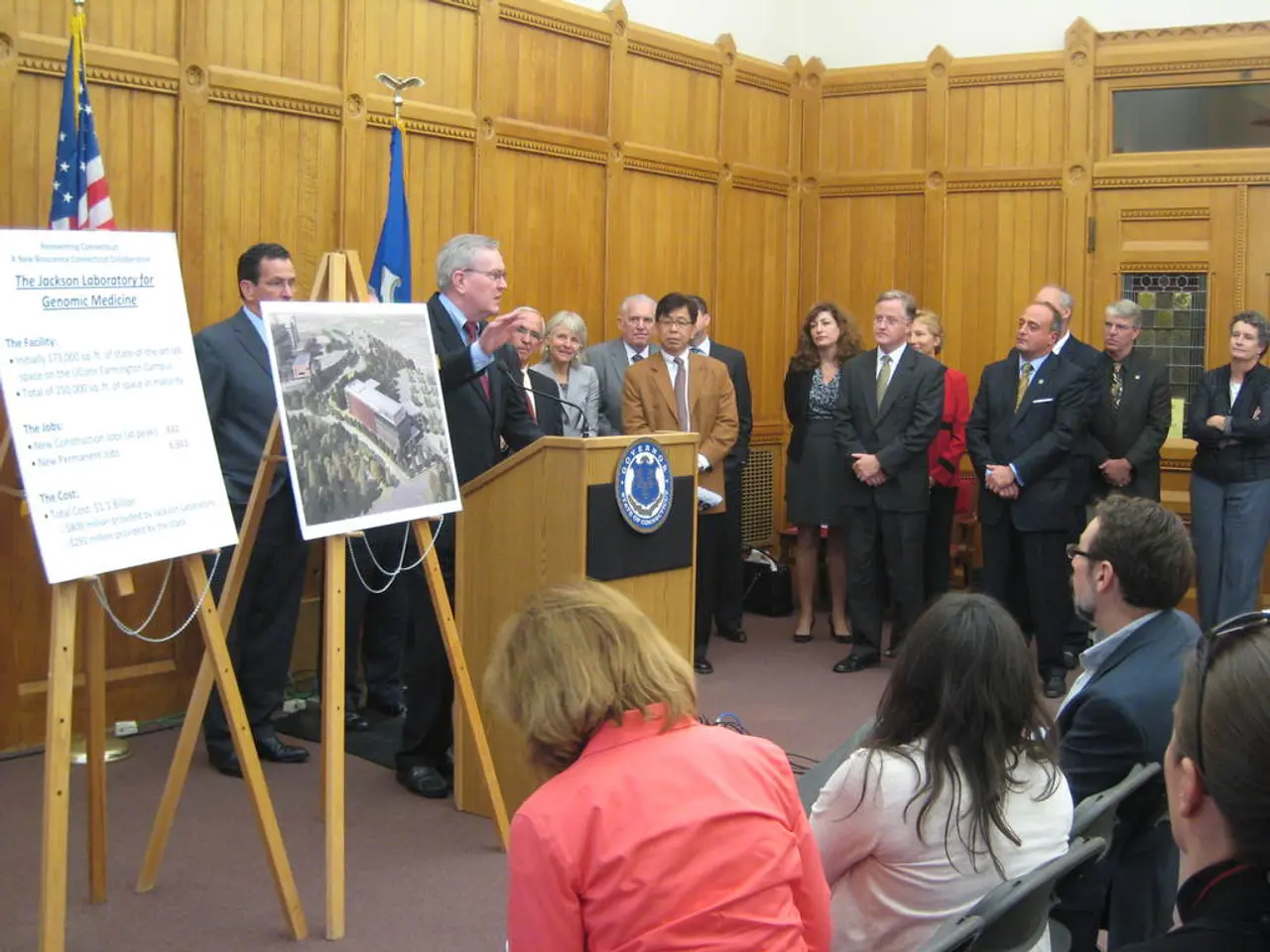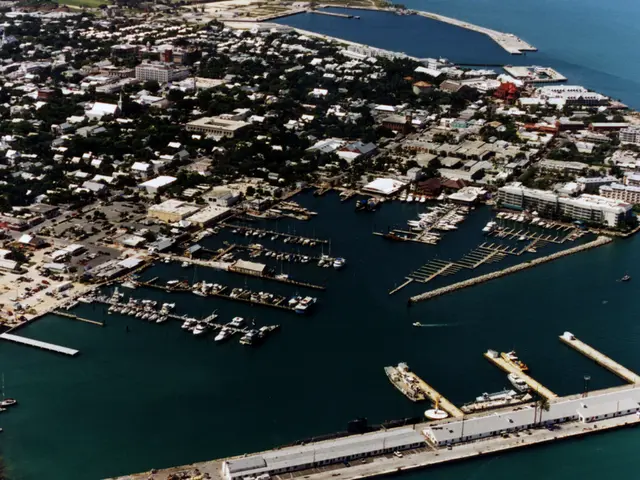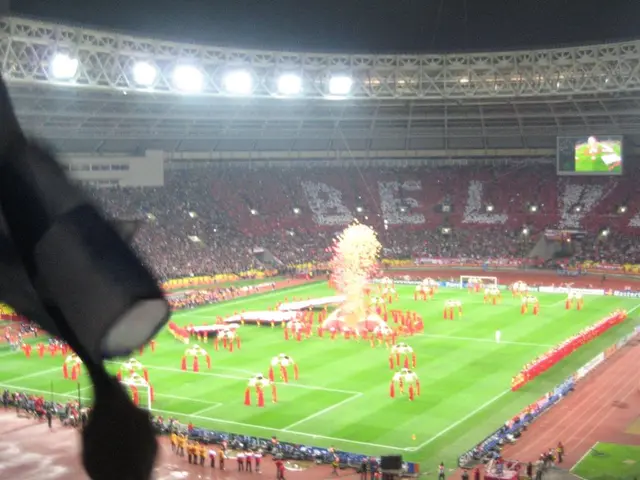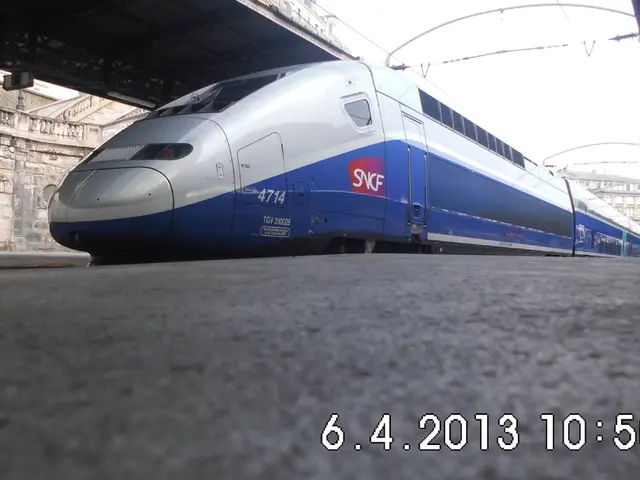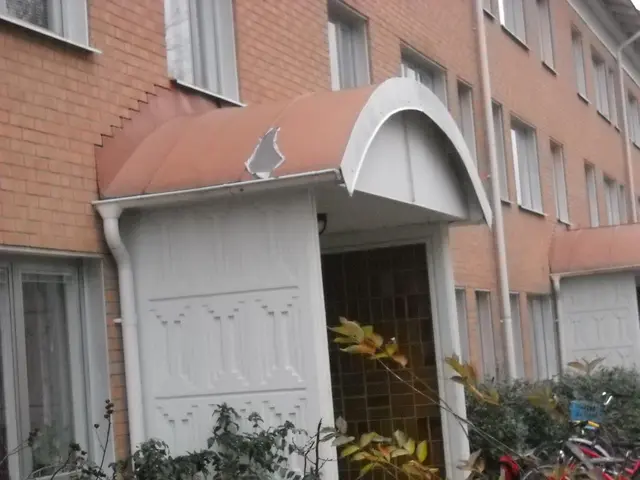Chilean President Gabriel Boric's popularity declining
In the political landscape of Chile, President Gabriel Boric is facing a significant decline in popularity. According to the latest opinion poll by Cadem, Boric's disapproval rating stands at 50%, surpassing his approval rating for the first time since he took office.
This downturn can be attributed to a myriad of factors, including rising crime rates, economic difficulties, and political instability within Boric's Cabinet. Activa Research's recent poll reveals that only 18% of Chileans believe the country is improving, while 51% disapprove of Boric's actions.
The increasing crime rates have heightened public concern for safety, and economic challenges have affected citizens' daily lives. Political instability and turnover within Boric's government have also weakened perceived leadership effectiveness. Specific scandals, such as the Democracia Viva case, have further eroded trust.
Boric's drop in popularity has weakened his political leverage and the governing coalition's standing ahead of the 2025 presidential and general elections. This decline has paved the way for opposition figures like far-right José Antonio Kast and left-wing candidates such as Jeannette Jara (a Communist Party member allied with Boric) to lead polls.
The fragmentation and voter disillusionment have been partially reflected in low electoral turnouts in primaries and shifts in support to alternative candidates. Boric's initial 100-day approval drop to 32.8% was the largest fall for a Chilean president since the return to democracy in 1990. While presidents often face midterm challenges, Boric's persistent low approval (hovering around 25–30%) over multiple years is unusually pronounced.
Inflation is the second most important concern in Chile, according to Activa Research, behind crime. The consumer price index has increased by 9.4% over the past 12 months. Respondents tend to attribute the causes of inflation to the COVID-19 pandemic (41%) and withdrawals from pension funds (21%).
The constitution must be approved by the population in a national plebiscite scheduled for September. However, the Constitutional Convention, responsible for drafting the new constitution, has faced waning support and questionable legitimacy. More than $55 million has been withdrawn from retirement funds since the pandemic began.
On April 18, the Chamber of Deputies rejected a new withdrawal from individual retirement funds. The percentage of favorable opinions for President Boric has decreased by 4 points to reach 40%. 57% of those surveyed by Cadem cite inflation as the main cause of Chile's economic difficulties. The perception that Chile is on the right track has decreased to 33%, according to Cadem.
In contrast, former President Sebastián Piñera now has a 30% approval rating, while Michelle Bachelet, who succeeded him as President of Chile between 2010 and 2022, is more popular with a 55% approval rating.
This news marks a significant shift in Chilean politics, with the 2025 electoral environment shaping up to be a competitive battle between left and right coalitions amid public dissatisfaction.
- The decline in President Gabriel Boric's popularity, as evidenced by his disapproval rating surpassing his approval rating, can be linked to policy-and-legislation issues such as rising crime rates, economic difficulties, and political instability within his Cabinet, which form part of the general news in Chile.
- The upcoming 2025 presidential and general elections will likely be influenced by the current political landscape, with opposition figures like José Antonio Kast from the right and Jeannette Jara (a Communist Party member allied with Boric) from the left leading polls, due to public disillusionment and the ongoing concern over issues like inflation, which is the second most important concern in Chile as per Activa Research's polls.
